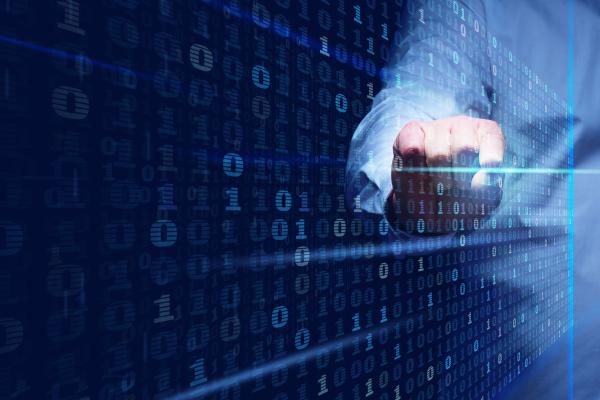Already underway, the 4th Industrial Revolution is a development that is characterised by a fusion of technologies that blur the lines between the physical, digital and biological domains. When compared with previous industrial revolutions, this one is advancing at an exponential pace. Moreover, it is both developing and disrupting almost every industry in every country. The breadth and depth of the changes herald the transformation of entire systems of production, management and governance. The developments will both enhance and challenge resilience.
One particular technology is Artificial Intelligence. Applied AI developments has been claimed to be ‘more profound than fire or electricity’ (Sundar Pichai, Google’s CEO). AI is certainly acting as the main driver of other emerging technologies like big data, robotics and the Internet of Things, and it will continue to act as a technological innovator for the foreseeable future. Organisations are using machine learning (ML), a subset of AI, to design new programmes as well as defend themselves against cyber attacks and malware.
Adversarial AI
According to a report by Deep Instinct, hackers are turning to AI to enhance the effectiveness of attacks on organisations – so called ‘adversarial AI’. This year is expected to bring more attacks and, ultimately, more sophisticated threats.
Adversarial AI manipulates the analytic and decision-making powers of AI and ML to develop cyber attacks in ways that exploit weaknesses in an organisation’s network to fool systems into thinking that the incoming attacks are harmless and, therefore, granting free access and movement virtually undetected. The result is that malicious data sets are reclassified as benign, allowing cyber criminals to send malicious programmes into a business environment without the ML-based security solutions flagging them as dangerous.
With threats as sophisticated as adversarial AI, Deep Instinct believes we need to make 2022 a year of cyber change. The only way that organisations can do this is if they look towards genuinely innovative solutions that do not simply focus on mitigation, detection and response.
AI and resilience
Resilience First is taking up this challenge by working with Cranfield University and Accenture on a report on Digital Resilience that will be released in the near future. AI will feature prominently, as will quantum technologies and cloud computing, all from the resilience perspective. Professor Weisi Gou, the Head of Human Machine Intelligence Group at Cranfield University, will be examining the state of the AI revolution, as well as adversarial AI, data-chain security and system integration. Maintaining trust in AI and ways to improve resilience will be key elements.
Other technologies
In the same report, Accenture will be reporting on the developments in quantum technologies which will allow new opportunities to exploit speed, sensing, accuracy, scope and systems in cyber space. It will also be commenting on cloud resilience which offers enormous potential as a way to cut costs, increase agility and reduce risk.
Please watch the Resilience First website for details of this exciting report. Members of Resilience First will be the first to receive a copy of the report when released.



